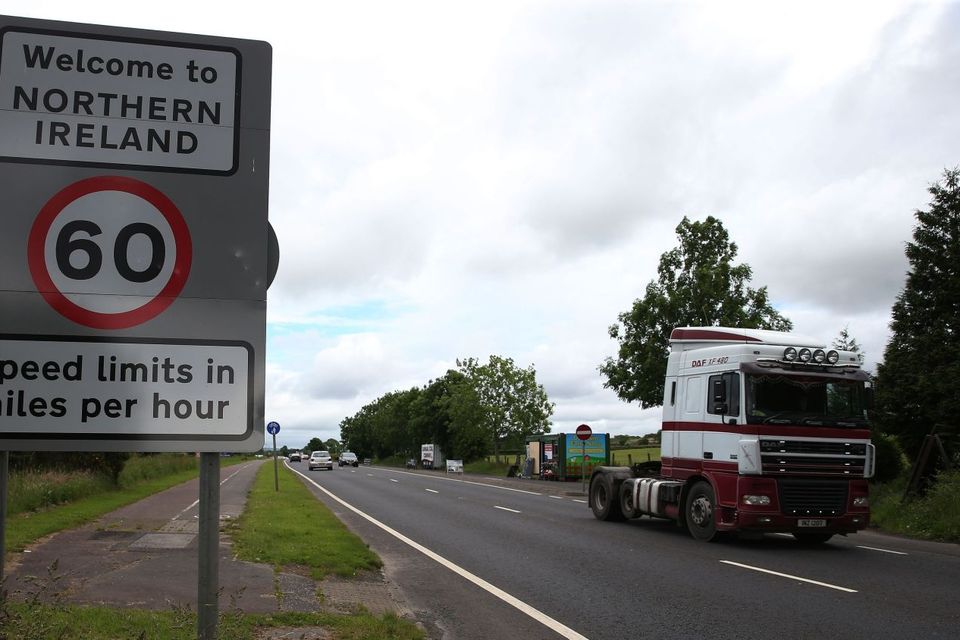We can't go back to the days of a hard border
The peace process rendered the border virtually meaningless. Any altering of the status quo is fraught with political, social and economic risk
The Good Friday Agreement brought peace and allowed a degree of normality to be restored in the North that previous generations had been cheated of. It forged new levels of friendship between Britain and Ireland, and the new relationships brought mutual benefits unimaginable in the recent past.
A manifestation of this was the virtual disappearance of the Border and the free coming and going that it afforded. That is why it was somewhat disquieting to hear the new British Prime Minister categorically stating yesterday that: "If you look ahead, what is going to happen when the UK leaves the European Union is that of course Northern Ireland will have a border with the Republic of Ireland, which will remain a member of the European Union."
The peace process rendered the Border virtually meaningless. Any altering of the status quo is fraught with political, social and economic risk. Ms May said that she did not want to see a return to the borders of the past, but any deviation from the fluid and open arrangement we have now would be regarded as retrograde.
Any tampering with the Border is massively contentious, and ought be approached only with minds open to the enormous complexity involved. One would have thought this would entail detailed negotiation and consultation. For Ms May to declare that there will be a border suggests a shifting of positions that raises a number of questions that will need to be addressed.
Given the violence in Europe and the renewed focus on security, maximum attention must be given to anything that might cause instability. The Good Friday Agreement has been a beacon of stability, growth and hope - it must be respected and protected. The American commentator Marya Mannes once warned of the dangers of hard boundaries and fixed frontiers. Borders are scratched across the hearts of men with a calm, judicial pen, she said. But she cautioned that too often these can turn crimson without vigilance and due care. We have seen this happen before on this island, and across Europe, and we must take every precaution to stop it from happening again.
Olympic decision failed to give Russia just desserts
Each year the flame of the Olympic torch appears a little more dimmed by the fallout from a doping scandal. The Rio games have already been dogged by problems - now the news that Russia will not be thrown out of the event despite a damning dossier on the almost industrial scale of its doping will add to the dismay of those hoping to see credibility and integrity restored to international competition.
Leaving the decision on whether to ban athletes to the governing bodies of individual sports was a cop-out. The International Olympic Committee (IOC) needed to dish out due deserts instead of serving up mere fudge. It needed to be resolute and decisive, instead of dithering.
Perhaps individual athletes ought not carry the can for what amounted to a virtually state-sponsored process; but in the long-term interests of the reputation of the games, a line needed to be drawn. The IOC and the international federations, along with the World Anti-Doping Agency, also stand indicted for failing to adequately fulfil their roles. Many believe that sport is the biggest loser as political pressures and commercial concerns win out. The perception that the pursuit of gold in the form of money is paramount tarnishes the spirit of the games. We have seen a caving in to compromise and a retreat from moral courage. Of course, Russia is not the only country guilty of doping, but it is the one that was caught red-handed.
Join the Irish Independent WhatsApp channel
Stay up to date with all the latest news















